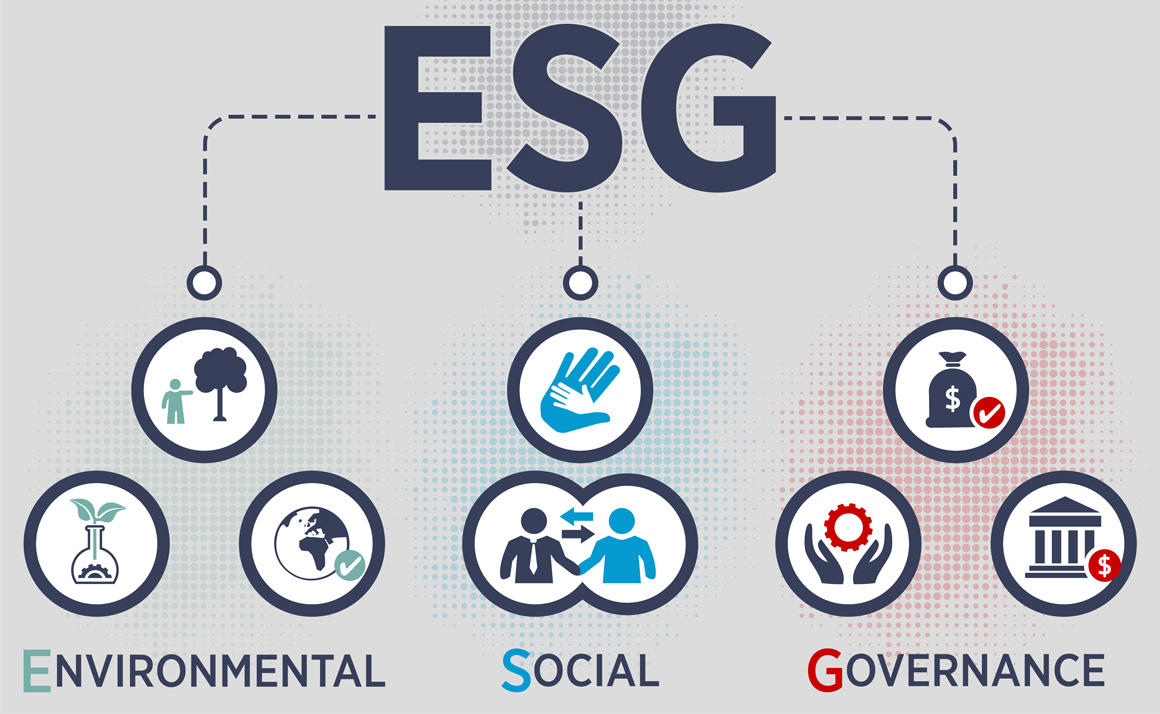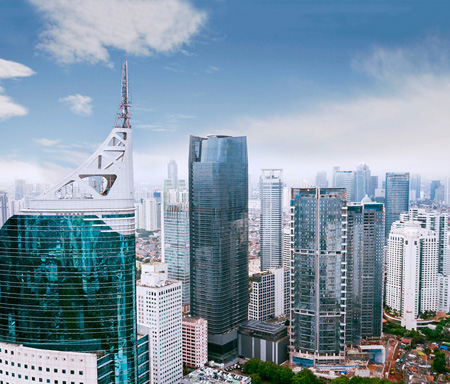
Sustainability matters
Sustainability has been a growing priority for the real estate industry for more than a decade, yet not everyone is on board.
Sustainability has been a growing priority for the real estate industry for more than a decade, yet not everyone is on board. In the Asia Pacific region, the prime movers on environmental, social and governance issues have been global institutional investors and the largest regional players, especially those in the listed sector. However, more and more private equity and private wealth investors are starting to take account, especially with regard to environmental sustainability. But what if you are not convinced? Here are five strong reasons for making your assets more sustainable:
1) Institutional investors demand sustainability
Many of the world’s largest investors, especially those based in Europe, are driving a focus on ESG in their managers and partners. However, it would be a mistake to think it’s only Dutch pension funds who have environmental, social and governance (ESG) issues front and centre in their investment considerations. In March this year, Japan’s Government Pension Investment Fund (GPIF) joined real estate sustainability benchmarking group GRESB as an investor member. Other Japanese funds are expected to follow.
Thus far, investors are not rejecting partners, funds or assets outright over sustainability, but partners of major investing institutions are required to “comply or explain” with regard to their sustainability measures. Furthermore, investors expect less sustainable assets will need capex during their hold period in order to bring them up to future industry or government standards, which will affect the prices they are prepared to pay.
Callum Young, executive director, regional investment advisory at Savills, says: “Virtually all of the world’s largest institutional investors and developers take a strong line on ESG matters and this has spread irreversibly throughout the industry. Assets with strong sustainability characteristics are considered more resilient and will continue to attract the broadest buyer audience.”
2) Occupiers prefer green buildings
The ongoing COVID-19 pandemic is driving occupiers to prioritise the health and wellbeing of their staff and this is going to change what they want from buildings. Factors such as clean air are already important for tenants in Asia’s often-polluted cities.
Adam Evennett, regional director, cross border tenant advisory at Savills Asia Pacific, says ESG factors have become part of the standard list of requirements for sophisticated multinational companies looking for office space.
“As employers focus on staff return-to-office strategies, we are seeing a greater focus on employee health and wellbeing, with companies focused on issues such as occupant comfort, air quality and natural light for example. It is also worth noting that these design considerations are key features of wellness rating schemes and green building certifications systems applicable to commercial office space,” he says.
“As we emerge from the pandemic, the competition to attract and retain blue chip tenants will be fiercer than ever, so asset owners will need to make their properties more attractive and making them greener will be part of this.”
3) The weight of regulation
Governments in every major Asia Pacific nation are legislating in order to improve their environment and real estate will need to comply. In October, China pledged to be a net-zero carbon emitter by 2060, joining South Korea, New Zealand and Japan which have pledged to reach net zero by 2050. Singapore has a more open-ended commitment to hit that target in the second half of this century. South Korea has positioned itself as an Asian leader in sustainability, with the announcement of a $135bn ‘green new deal’.
Building regulations in Australia and Singapore already pay heed to sustainability concerns and China is making more demands on developers, as is Japan. Singapore’s third Green Building Masterplan, published in 2014, uses market-based incentives for retrofits of existing buildings and for new builds. However, as climate change accelerates, more governments are predicted to use legislative sticks to meet their sustainability targets.
4) Bottom line benefits
The thorniest aspect of sustainability for many real estate investors is whether the benefits are quantifiable. Some attempt to get round the question by pointing to the number of outperforming companies which are also sustainability leaders, suggesting that ESG is simply part of good business and thus intrinsically linked with success. A 2016 report by Dodge Data & Analytics claimed a 7% premium in the values of green buildings but few others have been conclusive.
“It is hard to point to a quantifiable “green premium” for sustainable buildings, however as the proportion of stock grows, certain features now a pre-requisite for assets to be considered prime,” says Young. “The very best buildings are less susceptible to obsolescence which bodes well for values in the long run.”
One area where sustainability initiatives can be quantified is energy savings. Savings of 25-50% on electricity bills – dependent on region and asset type – have been reported by the World Green Building Council.
5) Follow the leaders
“In many ways, sustainable business is good business, so we see that many of Asia Pacific’s leading real estate players are also leaders in sustainability,” says Simon Smith, head of research and consultancy at Savills Asia Pacific. “The biggest and best real estate companies in the region are more likely to invest in sustainability, to take part in benchmarking and to publish sustainability reports.”
The largest Asia Pacific real estate IPO this year, data centre developer Chindata, has put sustainability at the heart of its business model and intends to power all its centres with renewable energy in the future. Founder Alex Ju also explicitly linked sustainability with cost savings: “We have always been aspiring to make data centres more affordable and readily accessible to all through a series of sustainability initiatives,” he said at the launch of the firm’s sustainability report.
Meanwhile, the GRESB 2019 report identified Asia’s and Oceania’s leaders in sustainability and funds or REITs managed by some of the region’s largest and most successful investment managers, including CapitaLand, Lendlease, Prologis and Nomura.
Further reading:
Savills Asia Pacific research
Contact us:
Simon Smith | Adam Evennett



